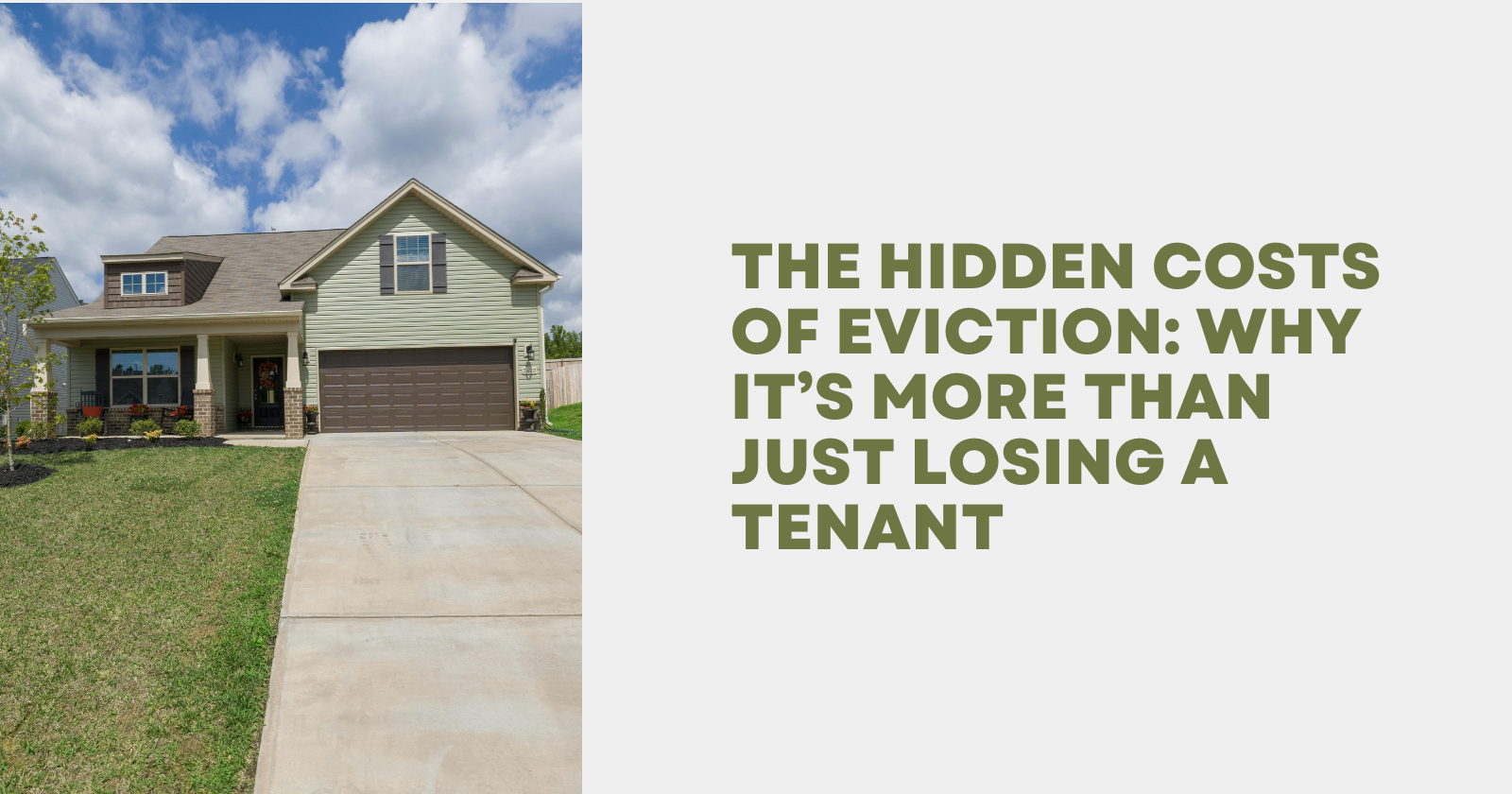The Hidden Costs of Eviction: Why It’s More Than Just Losing a Tenant
 Amelia Brown
Amelia Brown
Eviction is often perceived as a straightforward solution to tenant-related issues, but the reality is far more complex. While many landlords view eviction merely as a process of regaining possession of their property, the associated costs can be both extensive and multifaceted. The financial, emotional, and social implications of eviction extend far beyond the immediate loss of rental income. Understanding these hidden costs is crucial for landlords seeking to make informed decisions in property management.
Financial Implications
At the forefront of the hidden costs of eviction is the financial burden it places on property owners. While the most obvious cost is the loss of rental income during the eviction process, which can take weeks or even months, additional financial repercussions can quickly accumulate.
Legal Fees: Eviction proceedings often necessitate legal intervention. Landlords must navigate the complexities of local housing laws, which may require hiring an attorney to ensure compliance and representation in court. Legal fees can range from a few hundred to several thousand dollars, depending on the jurisdiction and the intricacies of the case.
Court Costs: In addition to legal fees, landlords may incur court costs associated with filing eviction notices and other related documents. These fees can further erode the financial benefits of rental income.
Repair and Turnover Expenses: After an eviction, landlords may find that their property requires extensive repairs or cleaning. Previous tenants may have left the unit in disrepair, necessitating a significant investment to restore the property to a rentable condition. This could include repainting, replacing carpets, or fixing damages, all of which contribute to the financial toll of eviction.
Lost Rental Income: While the eviction process is ongoing, landlords must account for the lost rental income that accumulates. This loss can severely impact cash flow, especially if the property is part of a larger investment portfolio.
Increased Insurance Premiums: Evictions can also negatively affect a landlord’s insurance policies and premiums. Properties with a history of evictions may be deemed higher risk, leading to increased costs for coverage.
Emotional and Psychological Costs
The emotional toll of eviction is often overlooked, yet it can be significant for both landlords and tenants.
Stress and Anxiety: The eviction process can be fraught with tension, leading to heightened stress and anxiety for landlords. The uncertainty surrounding court dates, potential tenant disputes, and financial implications can create a taxing emotional environment.
Reputation Damage: Evicting a tenant can tarnish a landlord’s reputation within the community. Prospective tenants may be wary of renting from someone with a reputation for frequent evictions, which can further complicate future leasing efforts.
Emotional Attachment: For many landlords, especially those with smaller portfolios, there can be a personal connection to their properties and tenants. The decision to evict a tenant can be emotionally challenging, especially if the tenant has been in the property for an extended period.
Social Implications
Beyond the immediate financial and emotional costs, evictions can also carry significant social ramifications.
Community Impact: Evictions contribute to broader social issues, such as housing instability and displacement. Communities with high eviction rates often experience increased homelessness and social dislocation, which can strain local resources and social services.
Tenant Relations: Eviction can breed animosity between landlords and tenants, creating an adversarial relationship that may affect future interactions. A strained relationship can lead to further conflicts, affecting the landlord's ability to manage their property effectively.
Stigma: Tenants who experience eviction often face stigmatization, making it difficult for them to secure housing in the future. This cycle can perpetuate housing instability and socio-economic challenges within communities.
Alternatives to Eviction
Given the myriad hidden costs associated with eviction process, landlords may benefit from exploring alternative solutions. Mediation and negotiation can often lead to mutually beneficial arrangements that allow tenants to remain in their homes while addressing the landlord’s concerns. Programs that provide financial assistance to struggling tenants can also help avert the need for eviction, ultimately benefiting both parties.
Conclusion
The hidden costs of eviction extend far beyond the immediate loss of a tenant. From financial burdens and emotional stress to social ramifications, landlords must approach the eviction process with a comprehensive understanding of its impacts. By weighing the true costs and considering alternative solutions, property owners can make informed decisions that not only protect their investments but also contribute to healthier, more stable communities. In the long run, investing time and resources into tenant relationships and conflict resolution can prove more beneficial than the quick fix of eviction.
Subscribe to my newsletter
Read articles from Amelia Brown directly inside your inbox. Subscribe to the newsletter, and don't miss out.
Written by

Amelia Brown
Amelia Brown
I am a content creator.